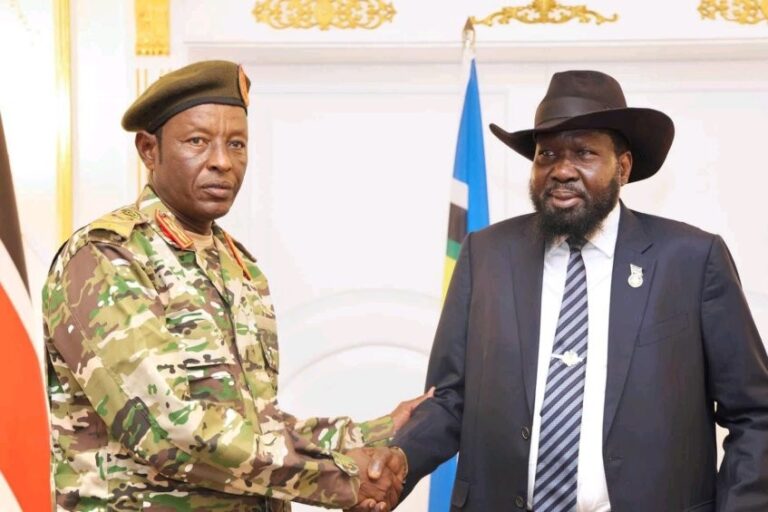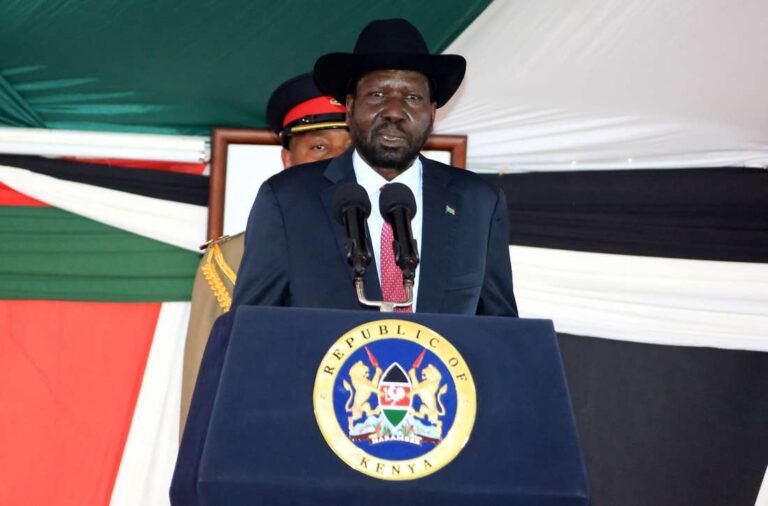Posted inDemocracy Geopolitics War crimes
The use of forced labor involving African citizens in Russia’s military factories reflects Moscow’s colonial approach to the African continent.
Moscow is engaging in human trafficking, employing African women in its defense industry through coercion. According to a report by the Associated Press, Russia has lured women from African countries…




